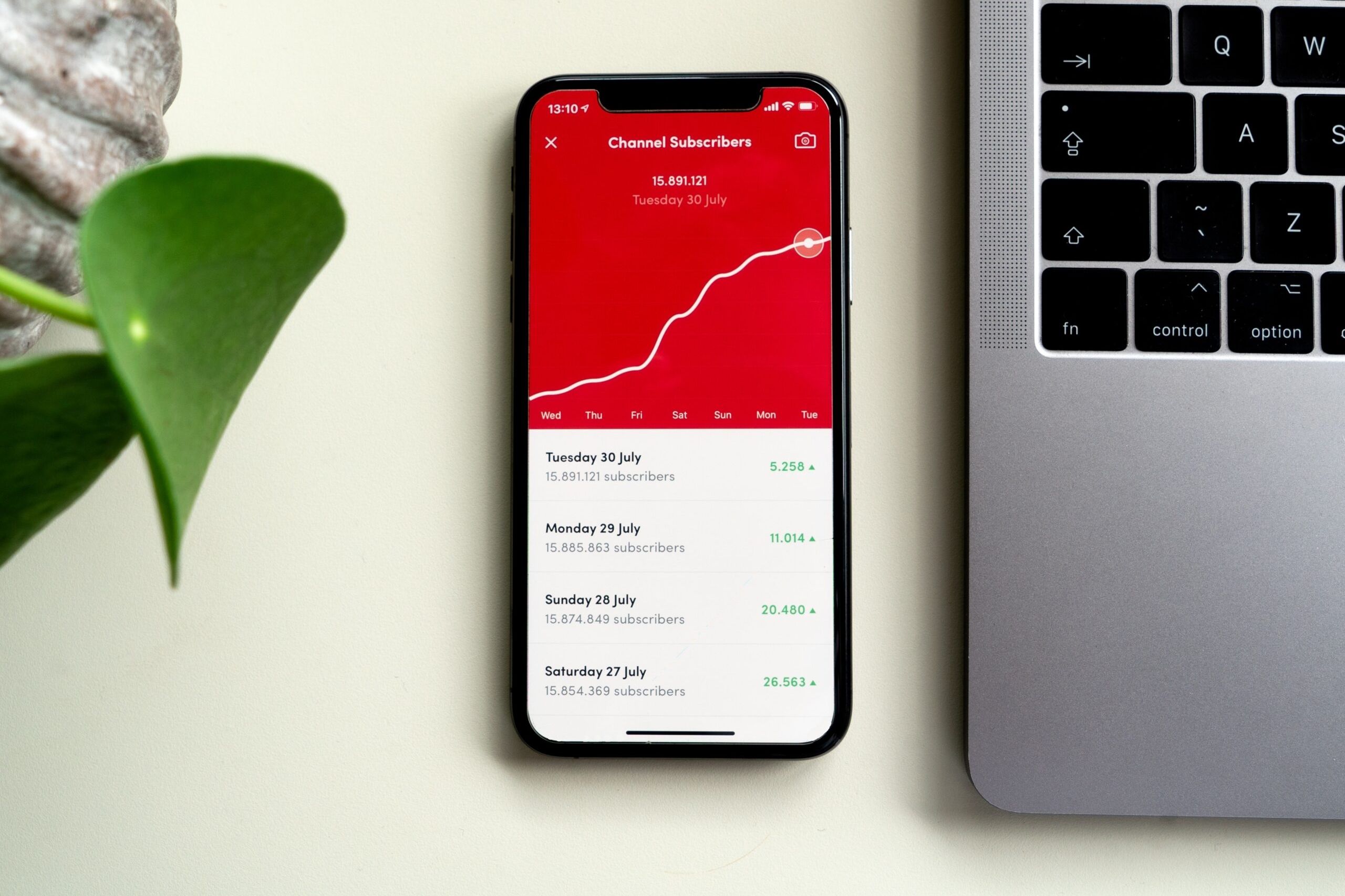How AI Is Set to Change Marketing Forever
The use of AI in marketing has become an increasingly explored topic in recent years. The integration of Artificial Intelligence (AI) into marketing strategies and practices has brought about a major shift in how businesses engage with customers and drive growth online and offline. With a huge scope of use cases, AI is quickly becoming a cornerstone of modern marketing practices which marketers will begin to rely on more to stay ahead of the curve.
Over 80% of executives in the retail and consumer space expect their businesses to use AI automation by 2025.
What is AI?
AI, or more commonly referred to as Artificial Intelligence, refers to computer systems that perform tasks which require human-like intelligence in order to complete them. These tasks can include areas such as problem-solving, learning, understanding language, recognising patterns, and decision-making to name a few and only scratches the surface of AI capabilities. AI encompasses machine learning, deep learning, natural language processing, computer vision, and reinforcement learning. These technologies have applications and uses in diverse fields and different industries like healthcare, financial management, marketing, manufacturing/production, and even entertainment, promising to revolutionise how we work and interact with technology.
There are several approaches to AI, including:
Machine Learning – Machine Learning utilises algorithms to enable computers to learn patterns and insights from data without explicit programming. This is particularly useful for data and analytics, but can also be used for intelligent lead scoring, predictive recommendations and forecasting.
Deep Learning – A subset of machine learning that employs neural networks with multiple layers to learn complex representations of data. This has been extensively used throughout banking systems to detect and prevent fraudulent activities.
Natural Language Processing (NLP) – Involves enabling computers to understand, interpret, and generate human language. This is particularly useful for content generation, customer service chat bots and other marketing activities.
Computer Vision – Focuses on enabling computers to interpret and understand visual information from images or videos. This has been utilised heavily in manufacturing to ensure product quality through computer vision quality control.
Reinforcement Learning – Involves training agents to make decisions by interacting with an environment and receiving feedback in the form of rewards or penalties. This has become particularly useful in marketing, by helping to integrate personalisation, optimisation and experimentation tests throughout.

The Rise of AI in Marketing
The adoption of AI in marketing activities has been on the rise for some time now, with businesses beginning to recognise its potential to enhance efficiency and the effectiveness of their marketing activities. Through sophisticated algorithms and machine learning techniques, AI is enabling marketers to analyse vast amounts of data and derive actionable insights much faster than ever before. Companies like Amazon have set the standard by using AI algorithms to deliver personalised product recommendations, resulting in increased sales and customer satisfaction.
How is AI changing marketing?
Enhancing Customer Insights and Personalisation
One of the most significant advantages of utilised AI in marketing is its ability to provide deeper insights into customer behaviour and preferences which sheds light on user activity and allows marketers to make more informed decisions and more personalised messaging. By harnessing AI-driven analytics tools, businesses can create highly personalised marketing campaigns across various channels which can be tailored to individual needs of your customers. Take Netflix, for example, which utilises AI algorithms to recommend video content based on viewers’ past interactions, viewing history and behaviour, leading to higher engagement and retention rates across the service.
Improving Targeting and Lead Generation
AI marketing tools enable marketers to target potential customers more effectively by analysing demographic and behavioural data to help improve targeting accuracy. Through various different lead scoring systems and targeting options, businesses can prioritise leads and optimise sales workflows, ultimately driving higher conversion rates across your marketing activity. HubSpot is a leading marketing software provider who excels in this area, leveraging AI to analyse customer data and deliver personalised content, which results in more effective lead generation strategies.
Optimising Content Creation and Distribution
AI marketing tools also help to streamline the content creation processes by generating insights and recommendations for marketers. With AI-powered content optimisation and generation tools now widely available, businesses can enhance search engine visibility and engagement through increased capabilities around content creation, helping to reduce time to market and optimise its effectiveness. Grammarly, for example, provides real-time writing and content suggestions, which enables marketers to produce compelling and error-free content effortlessly like never before.
Revolutionising Customer Engagement
AI chatbots and virtual assistants are fast becoming a must have in the world of marketing and are beginning to play a pivotal role in enhancing customer engagement online. By providing instant access to support and personalised recommendations, organisations can deliver timely responses and resolve customer inquiries efficiently, leading to higher customer satisfaction levels. Sephora, a global beauty retailer, uses AI chatbots to offer personalised product recommendations, delivering a seamless shopping experience for customers.
99% of marketers using AI tools on a daily basis - singular.net
5 Marketing AI Tools you should be using
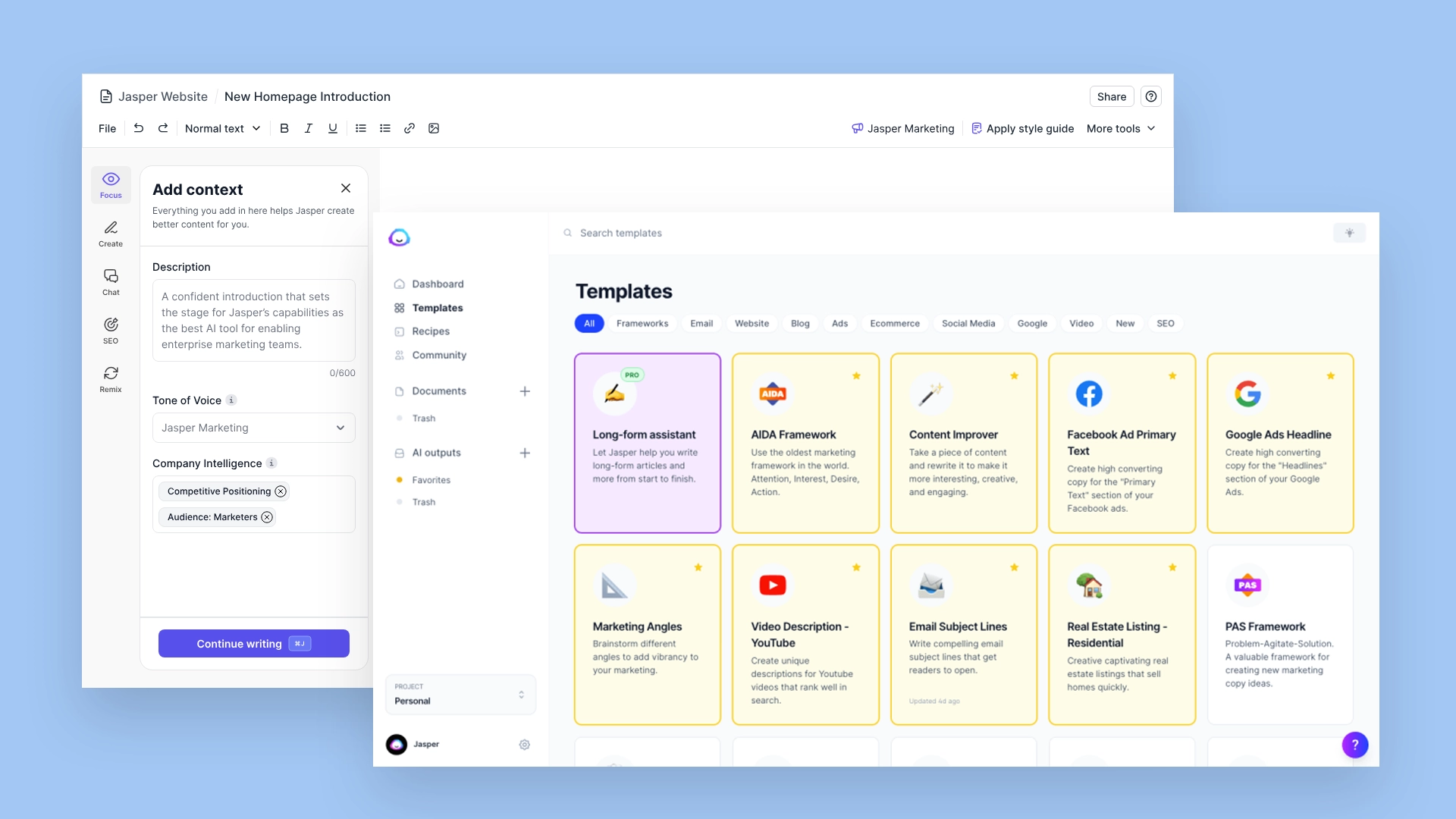
1. Jasper
Jasper is an AI-powered marketing platform that helps marketers create, manage, and optimise paid advertising campaigns across various channels, including Google Ads, Facebook Ads, LinkedIn Ads and other ad delivery networks. It uses machine learning algorithms to automate campaign management tasks such as bidding for keywords, optimising ad targeting and bidding strategies, and providing actionable insights to improve campaign performance.
Benefits to Marketers: Jasper streamlines the process of managing multiple ad campaigns across multiple different platforms, saving time and resources in the process, while also improving campaign ROI through data-driven optimisation.
Example Use Case: A digital marketing agency utilises Jasper to analyse historical ad campaign data and identify trends and patterns for different industries and sectors, enabling them to make data-driven decisions and optimise ad spend for their clients across different industries and categories.
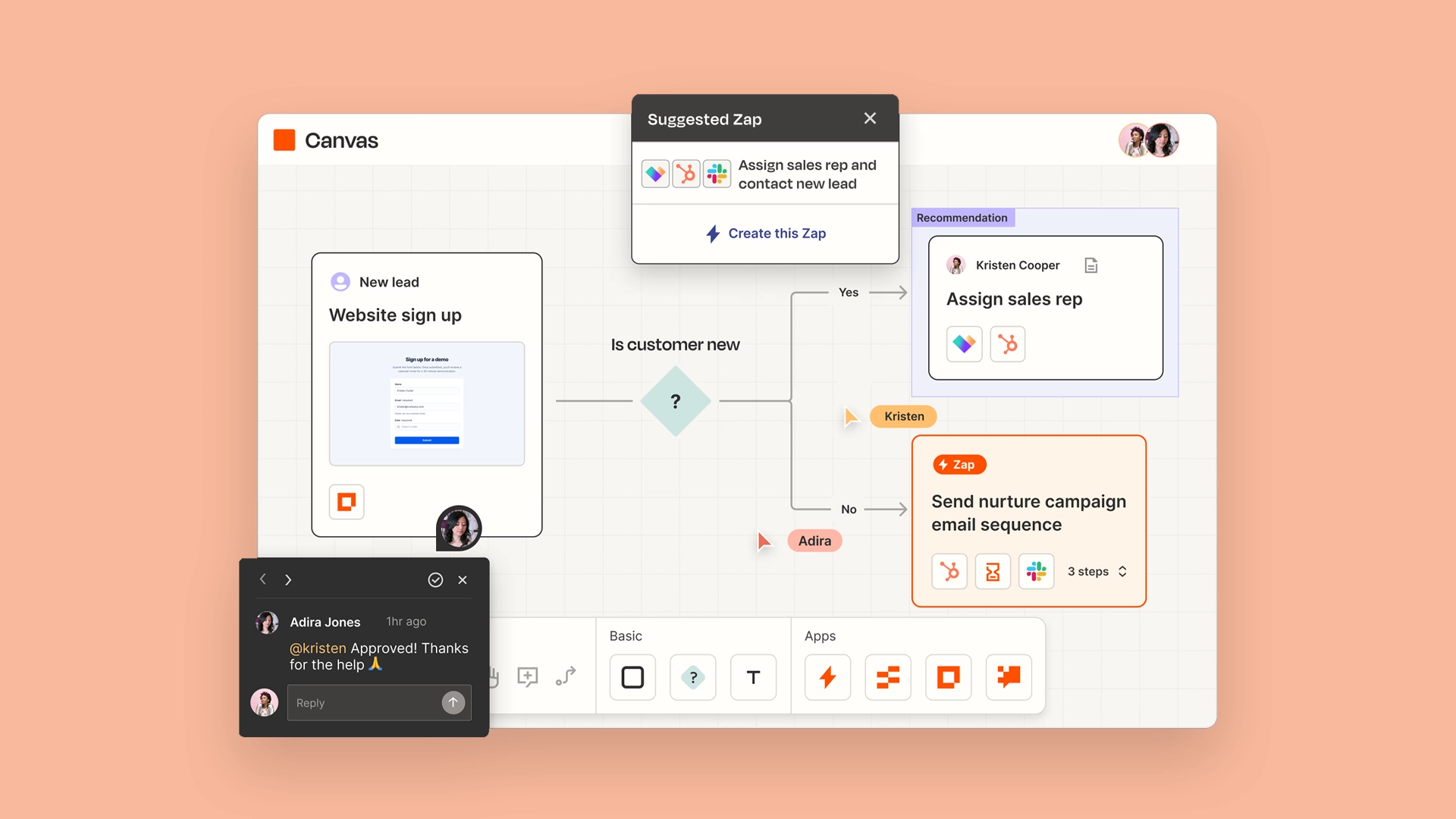
2. Zapier
Zapier is an AI automation platform that connects various apps and software tools to empower marketers, allowing users to automate workflows and streamline repetitive marketing tasks without the need for complex coding. Marketers can use Zapier to automate lead generation, email marketing campaigns, social media posting and scheduling, and other marketing tasks by creating “Zaps,” which are automated workflows triggered by specific events or actions.
Benefits to Marketers: Zapier helps marketers save time and improve efficiency by automating manual but key processes throughout different marketing activities, reducing the risk of human error, and integrating disparate tools and platforms which do not otherwise connect well.
Example Use Case: A marketer uses Zapier to automatically add new leads from a form submission on their website to their CRM system, which then causes the triggering of follow-up emails and notifications to sales teams for lead qualification.
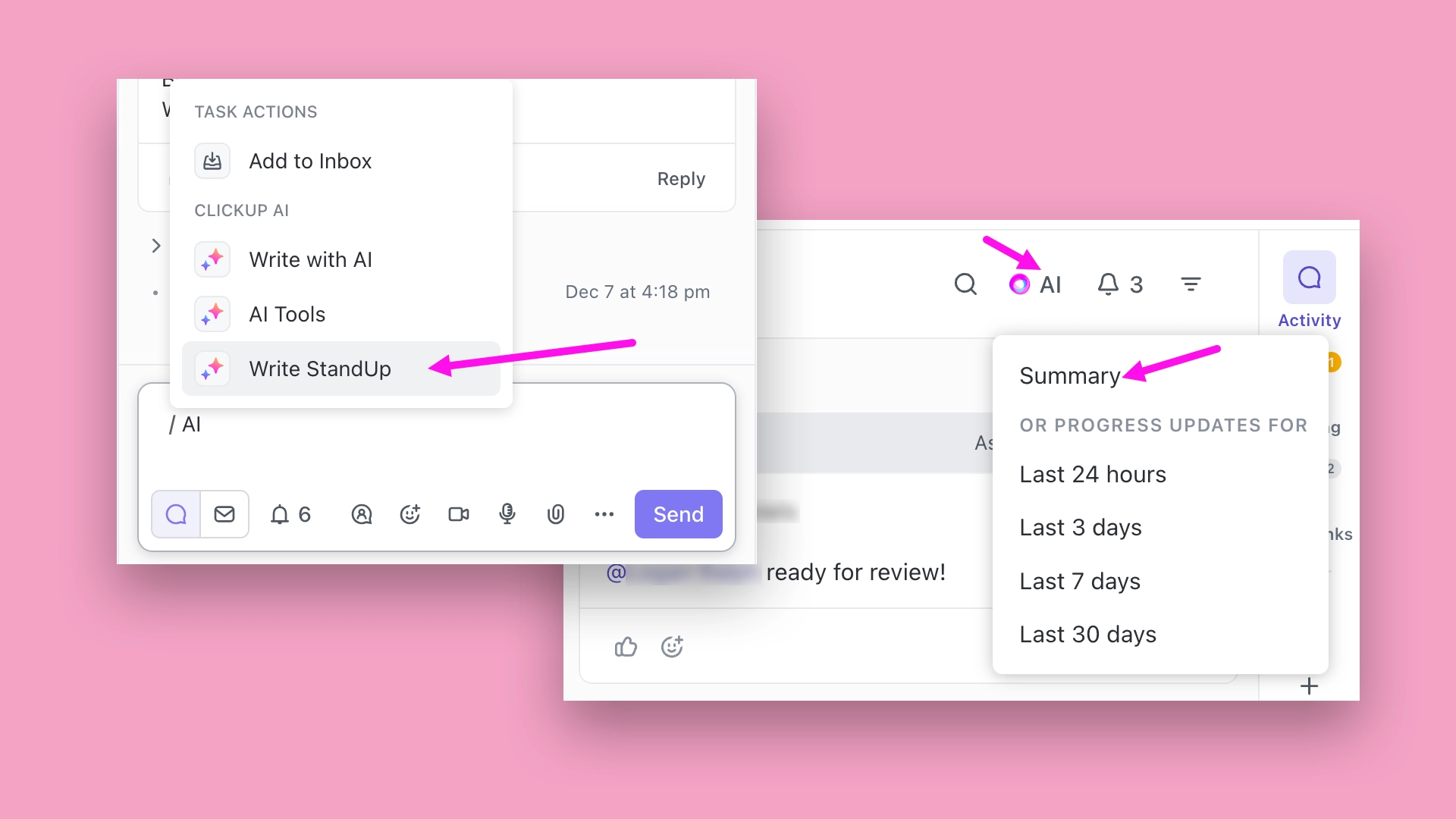
3. ClickUp
ClickUp is a AI project management platform that helps marketers organise tasks, collaborate with team members, and track project and campaign progress in a centralised workspace. Marketers can use ClickUp to manage different marketing campaigns, schedule content calendars, editorial workflows, and team communication throughout, with features like task lists, calendars, Gantt charts, and kanban boards.
Benefits to Marketers: ClickUp improves marketing team efficiency and enhances collaboration by providing a unified platform for project management, communication, and task tracking, which results in faster project delivery and improved campaign performance throughout.
Example Use Case: A marketing team can utilise ClickUp to plan and execute a content marketing campaign and strategy, assigning tasks to different team members in your organisation, setting deadlines for project milestones, and tracking progress through the various stages of content creation, quality control and publication.
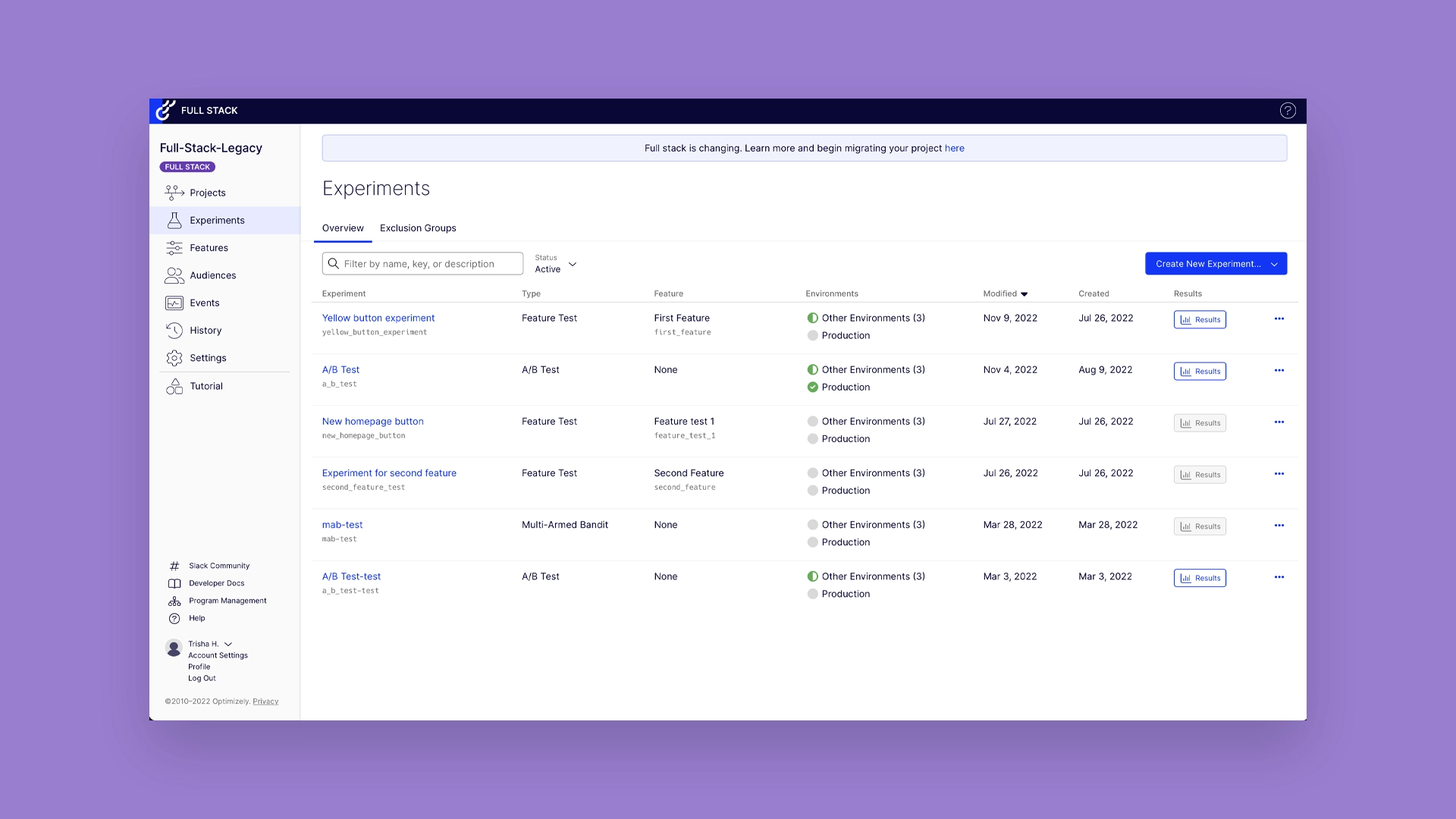
4. Optimizely
Optimizely is an extremely well known AI tool which is used often recognised as an experimentation platform that helps marketers test and optimise website content, design elements, and user experiences to improve conversion rates and customer engagement. Marketers can use the Optimizely platform to create A/B tests, multivariate tests, and personalisation campaigns to understand how different variations of content and layouts impact user behaviour and make data-driven decisions to optimise website performance overtime.
Benefits to Marketers: Optimizely enables marketers to iterate and create experiments with website content and layouts to test changes in real-time, reducing the risk of negative impacts on user experience and conversion rates, while also maximising the effectiveness of marketing campaigns through constant improvements.
Example Use Case: An e-commerce retailer can utilise Optimizely to test different product page layouts, headlines, and call-to-action buttons to identify the optimal combination that drives the highest conversion rates and revenue and implement this across their site at reduced risk.
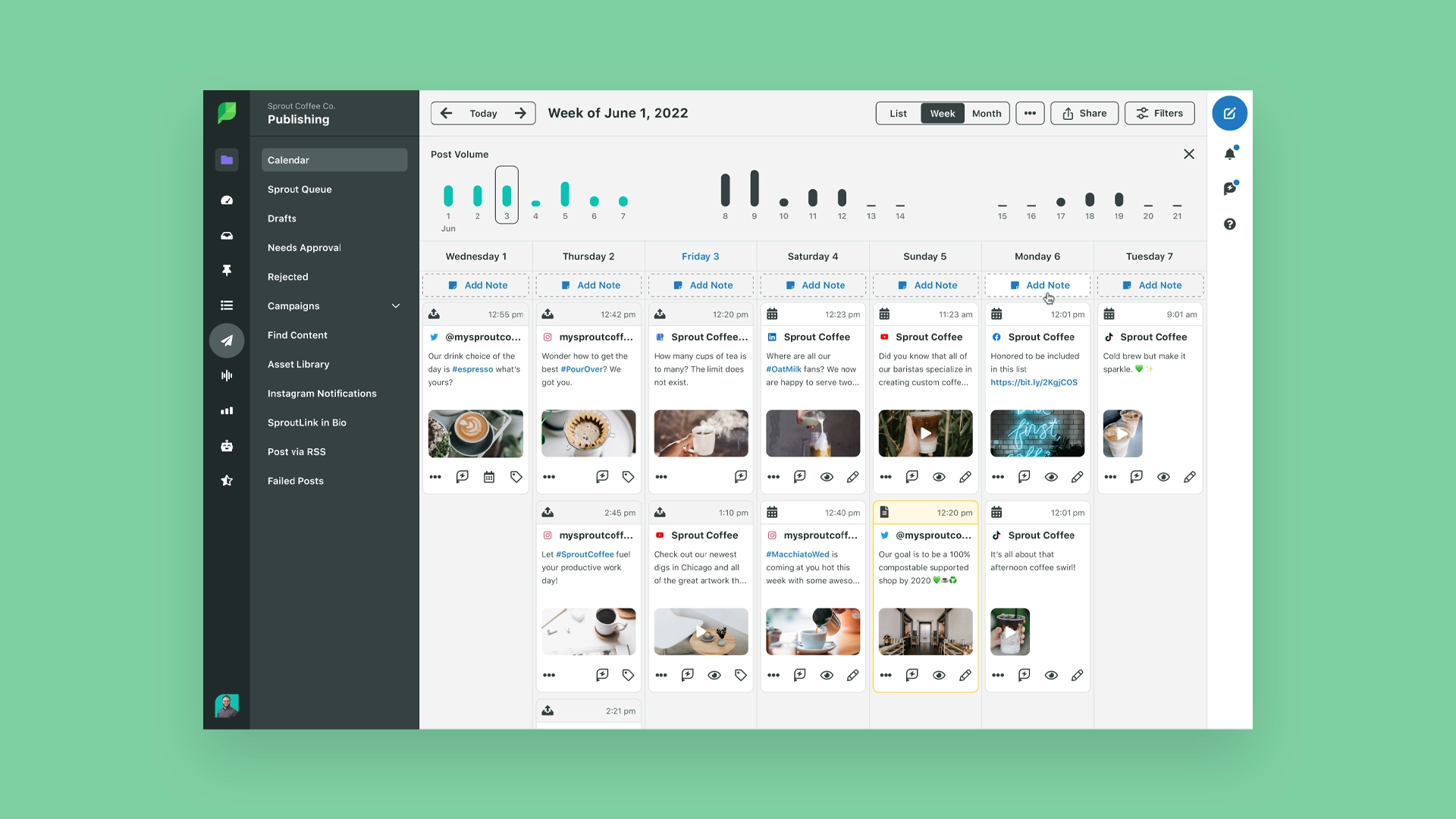
5. Sprout Social
Sprout Social is a rising star in the AI space, being a social media management platform that helps marketers manage, monitor, and analyse social media activities across multiple channels, including Facebook, Twitter, Instagram, TikTok and LinkedIn. Marketers can use Sprout Social to schedule posts, engage with their followers, track social media performance (across likes, clicks and engagement), and measure the impact of their social media efforts through intelligent reporting tools.
Benefits to Marketers: Sprout Social streamlines social media management tasks, improves team collaboration, enhances communication, and provides actionable insights to optimise social media strategies, tactics and drive engagement across each platform.
Example Use Case: A marketing team uses Sprout Social to schedule and publish social media posts, monitor brand mentions across all types of social media and conversations taking place online, and analyse audience demographics and engagement metrics to refine their social media strategy and content delivery approaches.
75% of marketers are optimistic that AI marketing tools will create new jobs as well as unlock new opportunities for growth. - singular.net
Overcoming Challenges and Ethical Considerations
While AI presents numerous benefits and opportunities for marketers to take advantage of, it also poses challenges such as data privacy concerns and algorithmic bias. Addressing ethical considerations and ensuring transparency in AI-driven marketing practices are essential to create greater levels of trust and accountability amongst organisations. Google’s AI principles emphasise fairness, transparency, and accountability in AI development and usage, guiding businesses in responsible AI adoption. Adopting these ethical considerations will help to ensure that businesses create sustainable and ethical marketing campaigns that are trusted by customers and businesses alike.
AI is continuing to reshape the marketing landscape, offering businesses new opportunities to connect with customers and drive sustainable growth. By leveraging AI technologies, tools and staying informed about emerging trends, businesses can navigate the complexities and challenges of the marketing landscape. Embracing AI throughout marketing is not just about staying ahead; it’s about redefining what’s possible in the marketing space and creating deeper connections with customers.
Businesses must prioritise mobile marketing to effectively engage with on-the-go consumers and potential customers. By leveraging the best mobile marketing tactics and techniques, you can maximise your reach and drive meaningful results across your marketing activities. Stay up to date with evolving trends and technologies in mobile marketing to stay ahead of the curve and maintain a competitive edge.
More interesting content...
Like this story? Share it on your social media...
For more of the latest content, why not subscribe to our mailing list...


